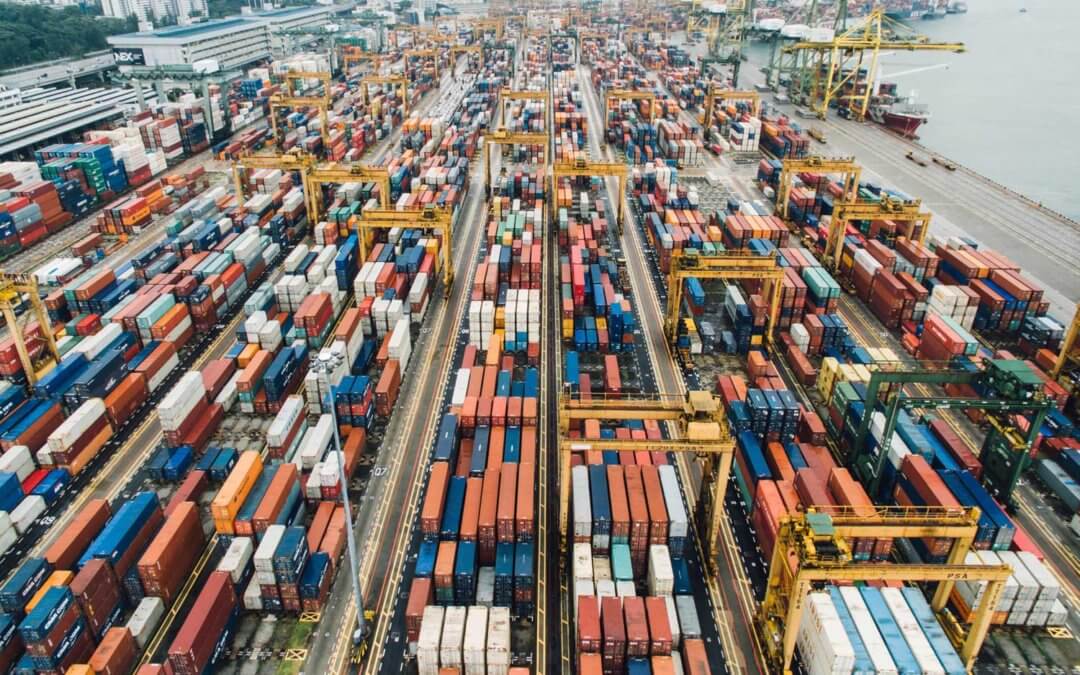
The UK’s new post-Brexit trade agreement will see it establish free trade with two new countries while supporting existing activity on both sides of the Pacific.
David Hooper, founder of Hooper & Co International Trade Consultancy, explains what UK businesses can expect from the Comprehensive and Progressive Agreement for Trans-Pacific Partnership (CPTPP), which is designed to make trade between eleven countries in a growing economic bloc even smoother.
“The CPTPP is expected to come into force later this year, reducing tariffs on 95 per cent of goods between members across the globe,” said David.
“And while there will be marginal short-term gains in most cases, there are several reasons why this is worth keeping a close eye on.
“CPTPP countries besides the UK are home to over 500 million people, accounting for 13% of global GDP and £110 billion of UK trade alone.
“The UK is currently the second largest economy in the group behind Japan, with the government claiming the deal, which includes Australia, Brunei, Canada, Chile, Japan, Malaysia, Mexico, New Zealand, Peru, Singapore and Vietnam, will boost UK GDP by 0.08% over 10 years.
“In addition to a reduction on tariffs, the CPTPP enables over 99% of UK exports to be eligible for tariff-free trade, and includes provisions on establishing efficient and transparent customs procedures.
“It will also be first post-Brexit agreement entered with an existing partnership rather than starting fresh negotiations. Though the UK does already have agreements with nine of the eleven CPTPP countries.
“The agreement encourages members to use international standards and promotes transparent product regulations, but unlike the European Union, the CPTPP is neither a single market nor a customs union.
“Theoretically, traders from one member state are treated no less favourably than domestic suppliers or those from other CPTPP countries, and there will be provisions on the temporary entry of businesspeople to undertake certain activities in-country, removing some of the common obstacles to mobility such as economic needs tests and work visas.
“This is all really important for any UK business operating in these locations, as the agreement also covers digital and data, investment, intellectual property and sustainability.
“But generally, the UK already enjoys low or zero-tariff trade with most CPTPP members, so for the majority of goods which meet origin rules, there will be no tariff changes as a result of joining the trade area.
“However, some goods will see further duty reductions, while inputs from all member countries will qualify as ‘originating’.
“For instance, dairy products in Canada, Chile, Mexico and Japan as well as medicines and engines in Vietnam could see enhanced market access – in addition to the removal of Malaysia’s tariffs on exported whisky and chocolate.
“In fact, businesses trading with Malaysia may benefit the most – as this is a growing market with which the UK does not have an existing Free Trade Agreement in place.
“It really is quite beneficial for a number of manufacturers who can benefit from cumulating materials from participating countries in order to qualify under the rules of origin.
“But in reality, there will be marginal short-term gains due to existing agreements with nine countries. Brunei and Malaysia are the exceptions.
“And when you look at the bigger picture, the CPTTP accounted for 8% of UK exports in 2019, which is less than what was sold to Germany.
“But the biggest rewards, and challenges, could occur if others join the club. China has applied to join – as has Taiwan – and the USA could look to get involved when it sees a host of established and emerging economies signing up.
“If businesses export to these markets, they need to be analysing the tariffs currently in place and looking at the rules of origin for existing products – but help is always out there for businesses of all sizes to take the strain off what can be a complicated process.”
Visit www.hooperandco.com/contact for more information on how to find support and advice for your business.